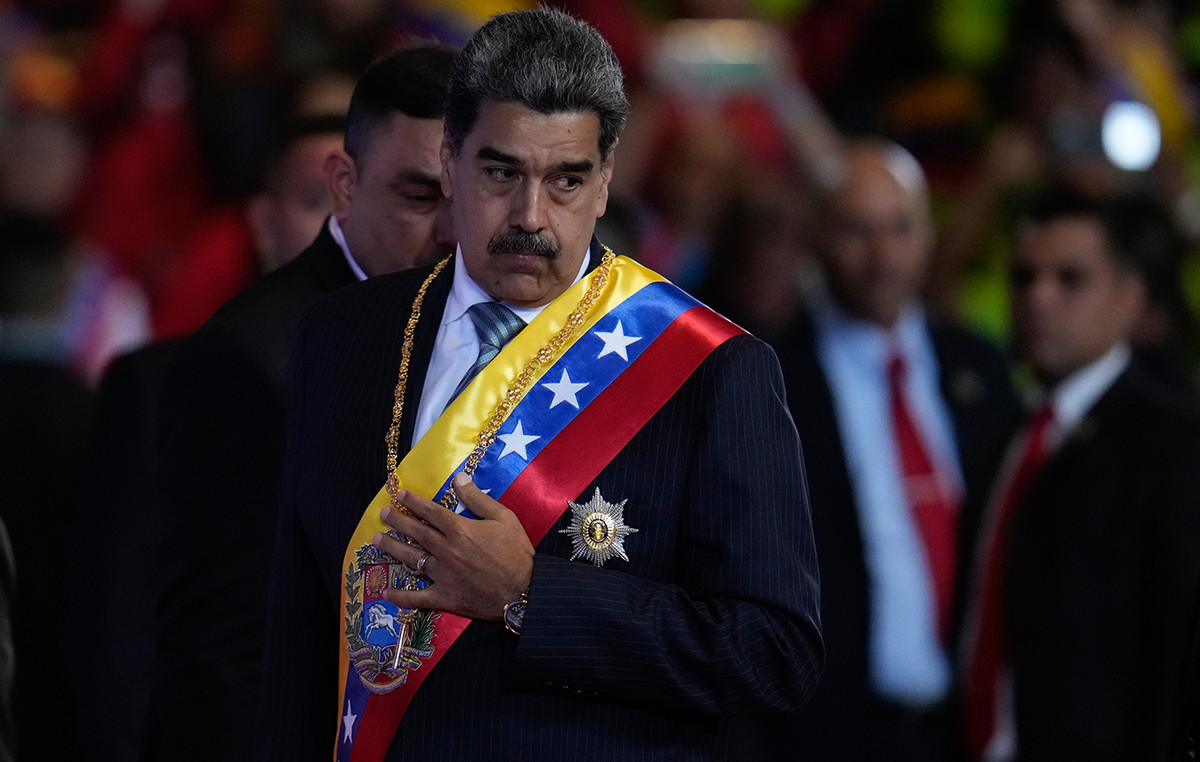The plenary of the Chamber of Deputies approved, this Tuesday (2), the basic text of a Provisional Measure (MP) that allows the adoption of alternative labor initiatives in a period of calamity recognized by the federal government.
In practice, the proposal relaxes a series of measures provided for in the Consolidation of Labor Laws (CLT) and other labor laws in the event of a state of calamity.
The score was 249 votes in favor to 111 against. The House plenary is now analyzing suggestions for changes to the approved text.
The MP allows the following measures to be adopted by employees and employers, for example:
- telework;
- Anticipation of individual vacations;
- Granting of collective vacations;
- Use and anticipation of holidays;
- Bank of hours;
- Suspension of enforceability of payments from the Severance Indemnity Fund (FGTS).
Details and parameters must be established by the Ministry of Labor and Social Security. The text states that these measures may be adopted for a period of up to 90 days, extendable while the state of public calamity lasts at the national level or at the state, district or municipal level recognized by the federal Executive Power.
The initiatives may be adopted exclusively for workers in risk groups and workers in specific areas of the federative entities affected by the state of public calamity.
The Provisional Measure was presented by the Executive in March this year. The rapporteur of the text, federal deputy Sanderson (PL-RS), defended in the opinion that the intention of the Provisional Measure is to “grant legislative authorization for the adoption of measures aimed at preserving labor ties and maintaining income”, during the period of calamity. public.
Sanderson rejected all of the more than 140 amendments tabled by colleagues. “While recognizing the best intentions of each of the authors, we understand that they should not be accepted on merit”, he argued.
In the opinion of opposition deputies, however, the Provisional Measure undermines current labor rights. The changes, they added, should be addressed through a bill so that they could be better discussed.
The Provisional Measure also deals with the “Emergency Program for Maintenance of Employment and Income in a State of Public Calamity”, which includes measures such as the payment of emergency benefit by the federal government, the proportional reduction of the working day and salary, and the suspension temporary employment contract. The rules follow the parameter adopted throughout the pandemic in 2020 and 2021.
See details of the main points of the Provisional Measure:
telework
By the text, the employer may, at its discretion, during the period provided for in the future act of the Ministry of Labor, change the regime of face-to-face work to telework or remote work, in addition to determining the return to the face-to-face work regime, regardless of the existence of individual or collective agreements, exempting the prior registration of the change in the individual employment contract.
The change in the exercised regime must be notified to the employee at least 48 hours in advance, in writing or electronically. The terms related to the responsibility for the acquisition, maintenance or provision of the infrastructure necessary for the provision of telework or remote work, including reimbursements, must be provided for in a written contract, signed in advance or within 30 days, counted from the date of change in the regime of job.
The text allows the adoption of telework or remote work for interns and apprentices. However, these regimes are not confused and are not equivalent to the occupation of telemarketing or telemarketing operator, he emphasizes.
Anticipation of individual vacations
The employer must inform the employee, within the period established by the ministry, about the anticipation of the vacation at least 48 hours in advance, in writing or electronically, indicating the period to be taken by the employee.
Early vacations may not be taken in periods of less than five consecutive days and may be granted by an act of the employer, even if the entitlement period to which they refer has not elapsed.
“The employee and the employer will be able, in addition, to negotiate the anticipation of future vacation periods, through an individual written agreement”, adds the MP.
On the other hand, the employer may suspend vacations and unpaid leaves of health professionals or those performing essential functions with the same 48-hour notice.
The additional one-third related to the vacation granted may be paid after its grant, at the employer’s discretion, until the date on which the 13th salary is due. The conversion of a third of the vacation period into a cash allowance will depend on the employer’s consent.
The payment of vacation granted during the period provided for in the act of the work portfolio may be made until the 5th working day of the month following the beginning of the vacation.
Granting of collective vacations
The employer may, at its discretion, during the period established by the Ministry of Labor, grant collective vacations to all employees or sectors of the company. He must notify the group of affected employees at least 48 hours in advance, with concession for a period longer than 30 days being allowed.
Prior communication to the local body of the Ministry of Labor and communication to the unions of the affected professional categories are waived.
Taking advantage of and anticipating holidays
Employers may, during the period established by the Ministry of Labor, anticipate the rest period related to federal, state, district and municipal holidays, including religious ones.
Notification must be made 48 hours in advance with an express indication of the holidays used. Holidays can still be used to clear the balance in the bank of hours.
Bank of hours
The interruption of activities by the employer and the creation of a special working hours compensation regime through an hour bank are authorized, for compensation within a period of up to 18 months, counted from the closing date of the period established in an act of the Ministry of Labor.
Suspension of FGTS collection
The act of the Ministry of Labor may suspend the enforceability of FGTS payments of up to four competences, related to employers’ establishments located in municipalities affected by a state of public calamity recognized by the federal Executive Power.
The prerogative is valid regardless of the number of employees, the tax regime, the legal nature, the branch of economic activity and previous adhesion.
The deposit of the suspended competences may be made in up to six installments, without the incidence of the update, the fine and all the charges provided for in the legislation in force.
Source: CNN Brasil
I am Sophia william, author of World Stock Market. I have a degree in journalism from the University of Missouri and I have worked as a reporter for several news websites. I have a passion for writing and informing people about the latest news and events happening in the world. I strive to be accurate and unbiased in my reporting, and I hope to provide readers with valuable information that they can use to make informed decisions.







